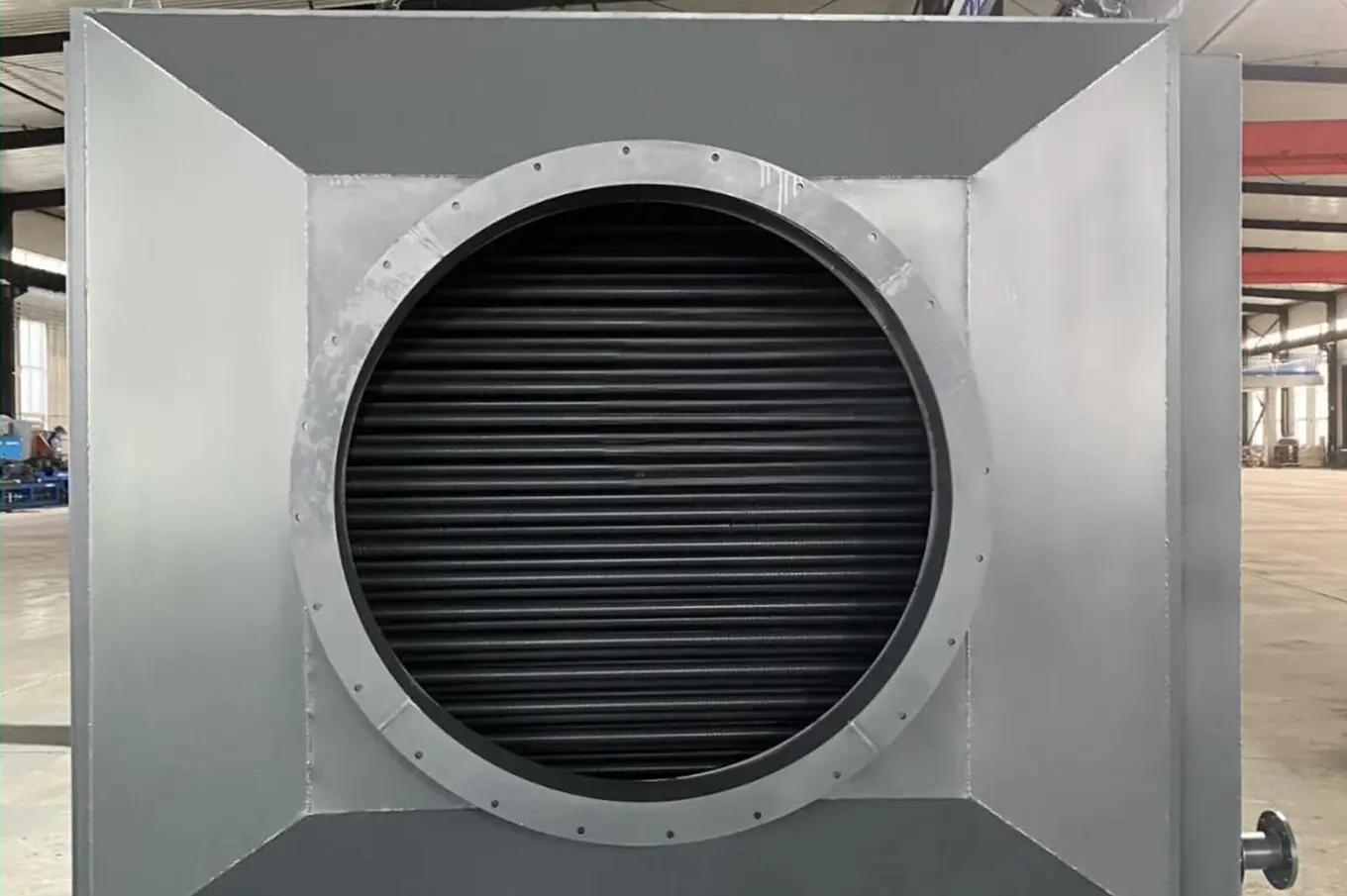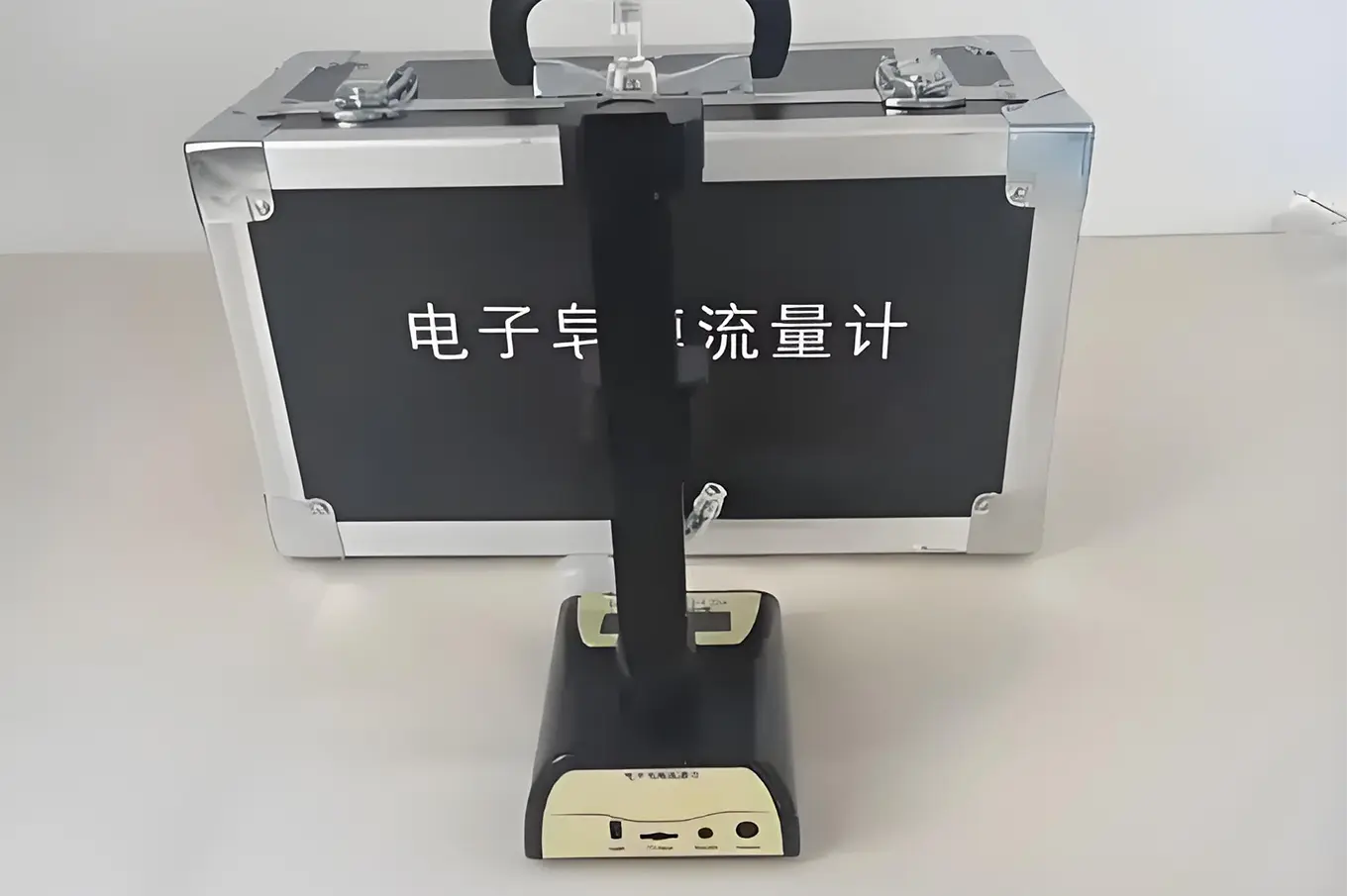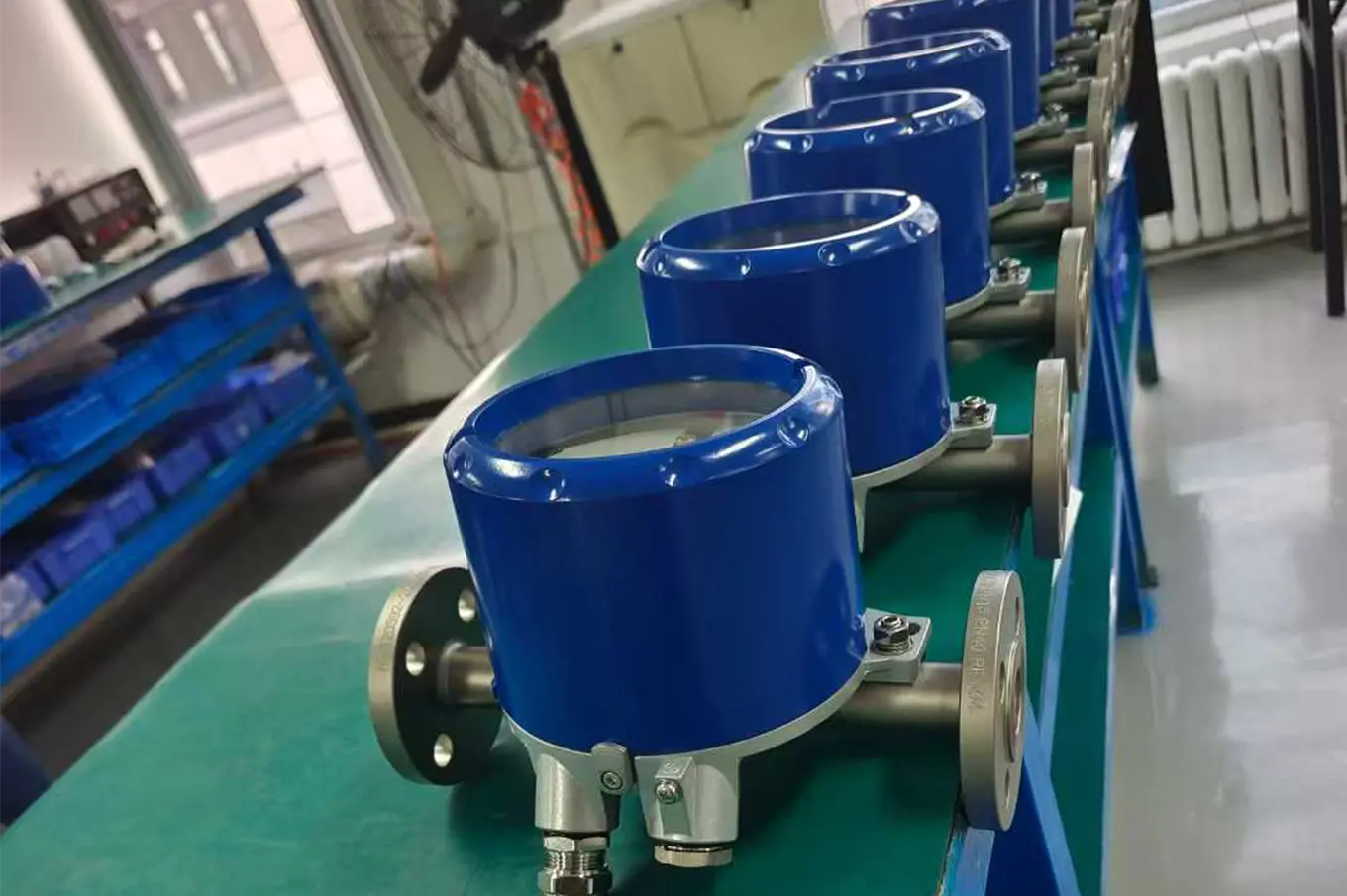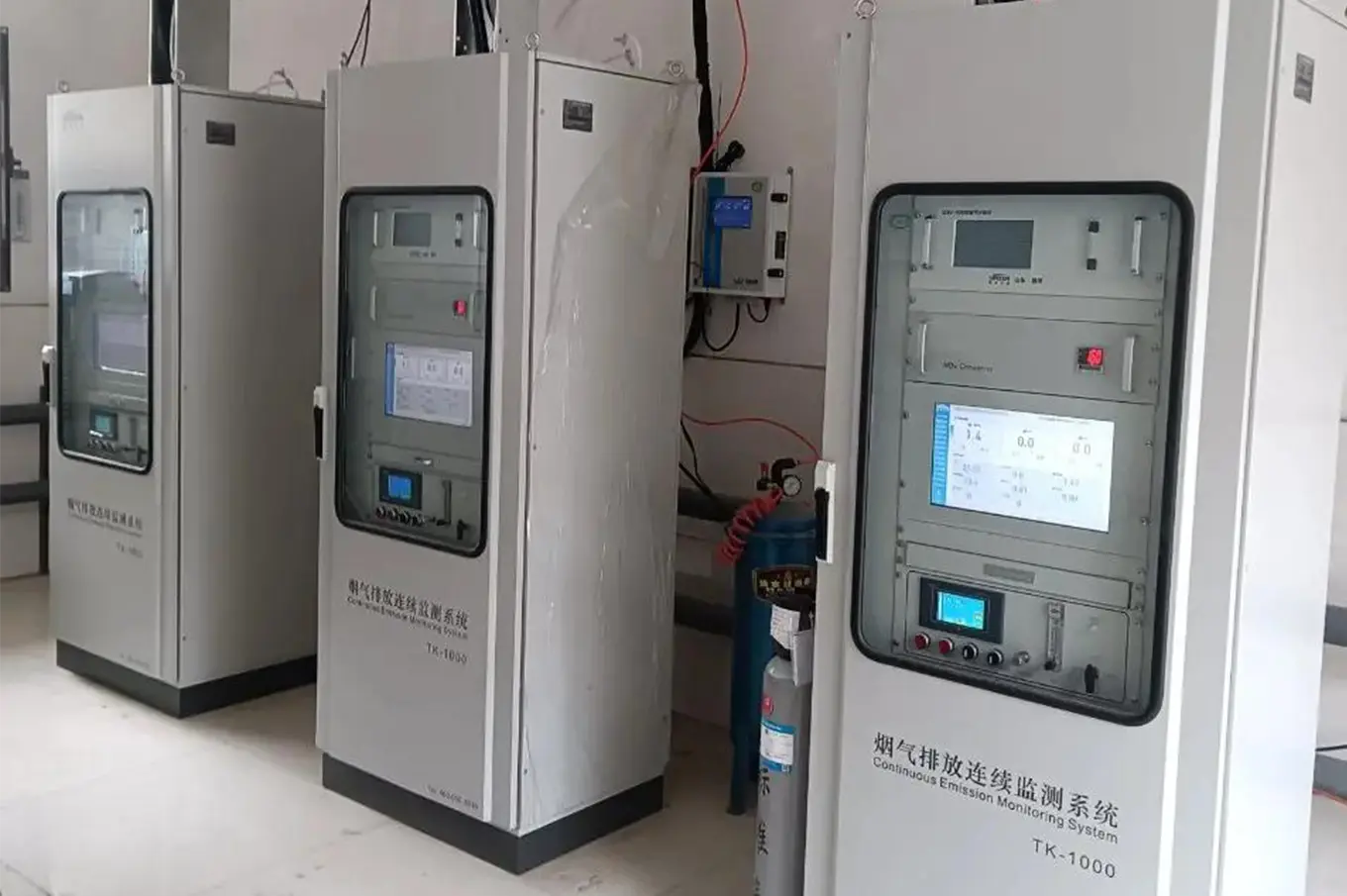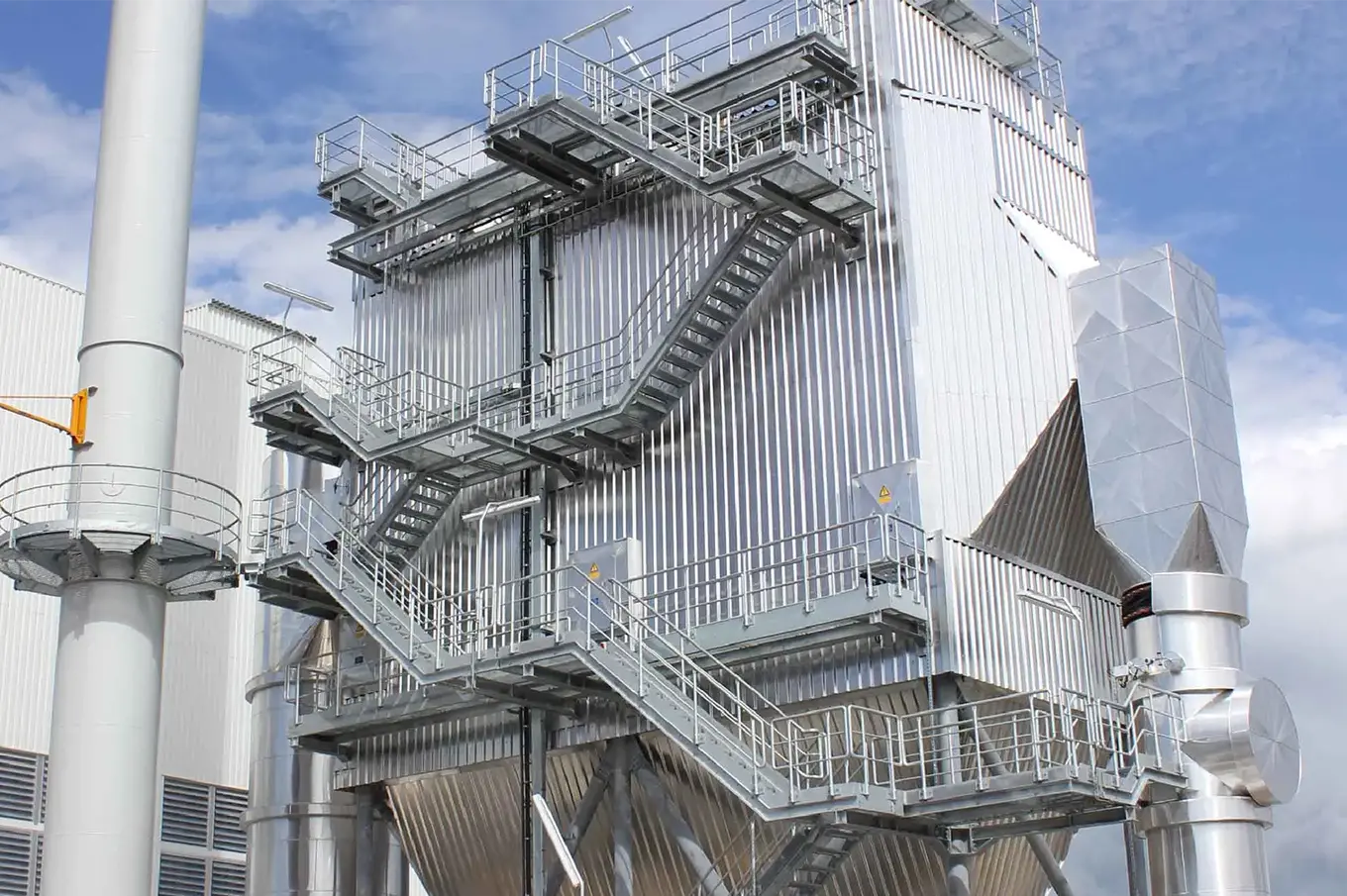- Shanghai Zhongshen International Trading Co., Ltd. – Your reliable partner with 20 years of import/export agency service expertise.
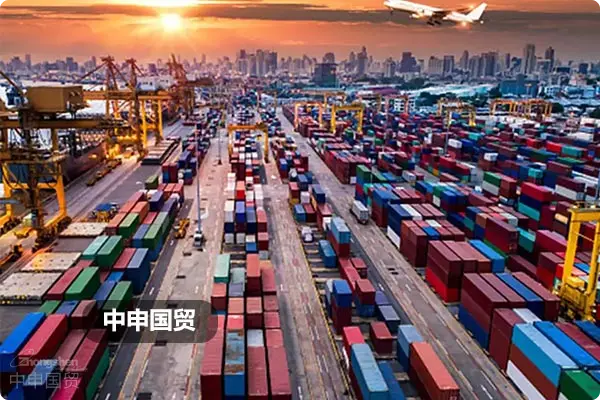
EquipmentImport and exportThe three industry barriers of \n
Compared with regular commodities, the cross-border circulation of industrial equipment faces a more complex regulatory environment. According to the latest customs data for 2025, the abnormal rate of machinery and equipment products in the declaration process is as high as 23%, mainly concentrated in the following areas:
- Certification Barriers
- The coverage requirement for EU CE machinery directive certification has been raised to 98%.
- 23 new safety testing indicators have been added to the UL certification in North America.
- Logistics particularities
- The transportation of over-limit equipment requires registration three months in advance
- The standard of shockproof packaging is 40% higher than that of ordinary goods.
- Tariff Traps
- The misclassification of HS codes increases the risk of having to pay additional taxes
- There are frequent calculation errors in the temporary import and export deposits
Selection criteria for quality agency service providers
When selecting a professional agent in the equipment industry, it is necessary to focus on evaluating them from three perspectives:
- Years of industry experience
It is recommended to prioritize selecting an agency with more than 5 years of experience in serving equipment companies, as such service providers typically possess the following advantages:
- A mature technical parameter translation team
- Customs clearance and registration channel for special equipment at major ports
- Ability to design customs clearance plans
An excellent agent should be able to design the optimal path based on the characteristics of the equipment:
- Used equipment: Must provide depreciation assessment report?Equipment Export?The pre-inspection services of the commodity inspection agency
- The tariff deferral scheme for the transportation of precision instruments
- Risk control system
- RCEP Rules of Origin Application Database
- Real-time updated warning list of prohibited and restricted shipping equipment
Key points of the full process management of equipment import and export
Professional agency services should cover the following key stages:
- Pre-operational phase
- Standardize the documentation explaining the functional principles of the device
- Simulation test of transportation vibration coefficient
- Declaration Execution Phase
- Synchronous preparation of multilingual technical documents
- Coordination of the registration of special transport vehicles
- Follow-up management phase
- Tracking and auditing the use of tax-free equipment
- Temporary Import Clearance Service for Overseas Exhibitions
Typical service case analysis
In the case of a precision machine tool manufacturer exporting to Germany, the professional agent service provider reduced operating costs through the following measures:
- UtilizeChina-Europe Railway ExpressThe transportation solution saves 18% of logistics costs.
- Apply for an ATA Carnet to waive the requirement of a €350,000 security deposit.
- The pre-classification service helps avoid the 12% tariff loss caused by HS code errors.
Choose the appropriate adapterExport Agent ServicesPartners, in essence, are building an international trade safety barrier for enterprises. It is recommended that clients, when evaluating service providers, focus on verifying their practical capabilities in areas such as equipment classification management, special transport coordination, and tariff optimization solutions, rather than simply comparing service quotes.
Category Case
Contact Us
Email: service@sh-zhongshen.com
Related recommendations
Contact via WeChat

? 2025. All Rights Reserved.
